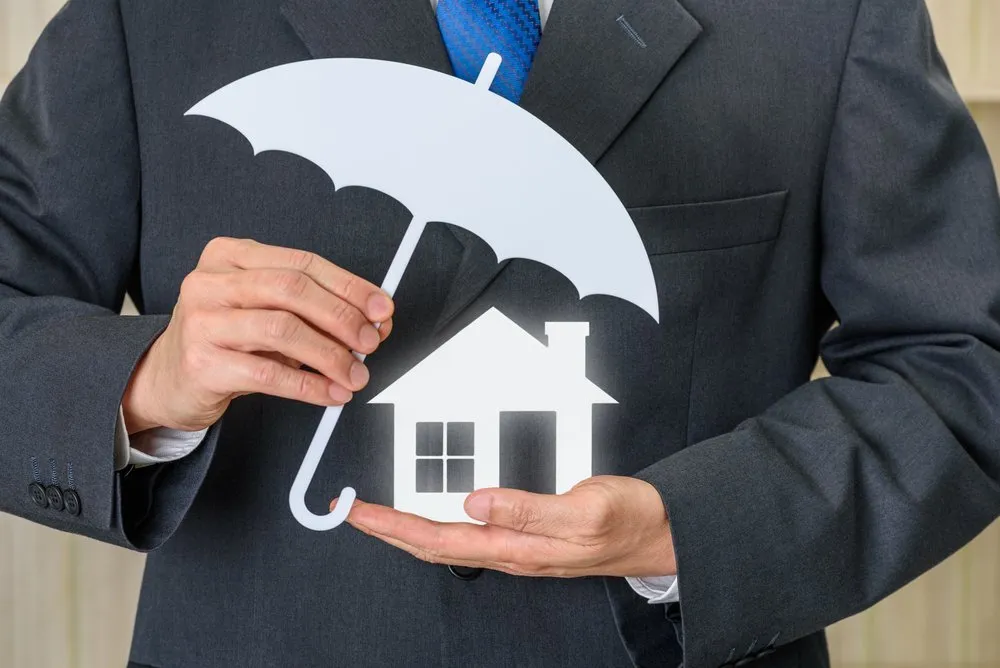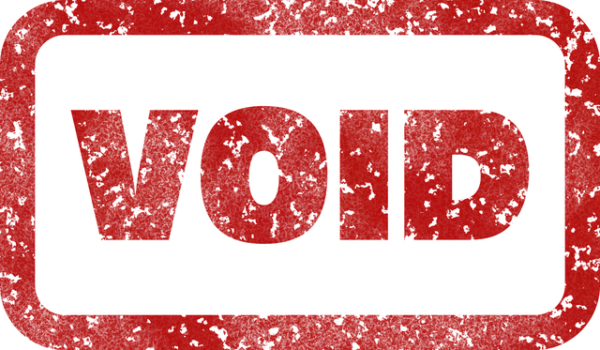Homeowners insurance is a crucial safeguard for protecting one of your most significant investments – your home. However, you may have noticed your premiums increasing over time. This article will explore the various factors that cause homeowners insurance rates to rise in the USA. We’ll use clear and concise language to help you understand what influences these rate hikes and how you can manage your costs.
Natural Disasters and Weather Events
Increased Frequency of Natural Disasters
The frequency and severity of natural disasters have been rising. Events like hurricanes, tornadoes, and wildfires cause significant property damage, leading to higher claims. Insurance companies, in turn, raise premiums to cover these increased costs.
Weather-Related Claims
Apart from large-scale natural disasters, severe weather conditions like flooding, hailstorms, and heavy snow can lead to numerous claims. Areas prone to these weather events often see higher insurance rates.
Property Location and Risk Factors
High-Risk Areas
Homes located in high-risk areas, such as flood zones or regions prone to earthquakes, generally have higher insurance rates. This is because the likelihood of filing a claim is higher in these areas.
Urban vs. Rural Areas
Urban areas with higher crime rates may face increased premiums due to the higher risk of theft or vandalism. Conversely, homes far from fire stations or without adequate fire protection measures may also see higher rates due to the increased risk of fire damage.
Home Characteristics and Age
Older Homes
Older homes often have outdated electrical, plumbing, and heating systems, which can increase the risk of damage. Insurance companies charge higher premiums to cover these potential risks.
Home Value and Replacement Costs
The value of your home and the cost to replace it play a significant role in determining your insurance rates. More expensive homes or those with high replacement costs due to luxury materials or unique features will have higher premiums.
Personal Factors
Credit Score
Insurance companies consider your credit score when determining your premium. A lower credit score can lead to higher premiums as it is perceived as a sign of financial instability.
Claims History
If you have a history of filing multiple claims, insurers may view you as a higher risk, leading to increased premiums. Even if the claims were for small amounts, the frequency can impact your rates.
see also:What Insurance Do I Need for Holiday
Changes in Coverage and Policy Terms
Increased Coverage Limits
If you increase your coverage limits to better protect your home and belongings, your premiums will likely rise. This includes higher dwelling coverage, personal property coverage, and liability limits.
Additional Riders and Endorsements
Adding riders or endorsements to your policy for items like expensive jewelry, fine art, or home office equipment can increase your premiums. These additions provide extra protection but come at a higher cost.
Insurance Industry Factors
Reinsurance Costs
Insurance companies often purchase reinsurance to protect themselves from significant losses. When reinsurance costs increase, these costs are passed on to policyholders in the form of higher premiums.
Economic Inflation
Economic inflation affects the cost of materials and labor needed for home repairs and rebuilding. As these costs rise, so do insurance premiums to cover the increased expenses.
How to Manage Rising Homeowners Insurance Costs
Shop Around for the Best Rates
Don’t settle for the first quote you receive. Shop around and compare rates from multiple insurers to find the best deal.
Bundle Policies
Many insurers offer discounts if you bundle your home and auto insurance policies. This can lead to significant savings.
Improve Home Security
Enhancing your home’s security with features like burglar alarms, smoke detectors, and deadbolts can lead to discounts on your premium.
Increase Your Deductible
Opting for a higher deductible can lower your premium. Just be sure you can afford the out-of-pocket costs in case of a claim.
Maintain a Good Credit Score
Work on improving and maintaining a good credit score. This can positively impact your insurance premiums.
Review Your Coverage Annually
Review your policy annually and adjust your coverage as needed. Ensure you are not paying for unnecessary coverage.
FAQs
Why did my homeowners insurance go up without a claim?
Insurance premiums can increase for several reasons, including inflation, increased reinsurance costs, and changes in your area’s risk factors, even if you haven’t filed a claim.
Can I negotiate my homeowners insurance premium?
While you can’t typically negotiate the premium itself, you can shop around for better rates, increase your deductible, or make changes to your coverage to lower costs.
Does installing a home security system lower insurance premiums?
Yes, many insurers offer discounts for homes with security systems, smoke detectors, and other safety features as they reduce the risk of theft and damage.
How does my credit score affect my homeowners insurance premium?
A higher credit score can lead to lower insurance premiums as it is seen as a sign of financial responsibility. Conversely, a lower credit score can result in higher premiums.
What should I do if I can’t afford my homeowners insurance?
If you’re struggling to afford your premiums, consider increasing your deductible, shopping around for better rates, bundling policies, or reducing your coverage to essential protections only.
How often should I review my homeowners insurance policy?
It’s advisable to review your policy annually or whenever you make significant changes to your home or acquire valuable items that need coverage.
Can I switch homeowners insurance companies mid-policy?
Yes, you can switch insurers at any time. However, be aware of any cancellation fees and ensure there is no lapse in coverage during the transition.
Conclusion
Understanding the factors that cause homeowners insurance rates to increase can help you take proactive steps to manage your costs. From the impact of natural disasters and property location to personal factors like credit score and claims history, several elements influence your premium. By staying informed and making strategic choices, you can mitigate these increases and ensure you are adequately protected without breaking the bank.



















